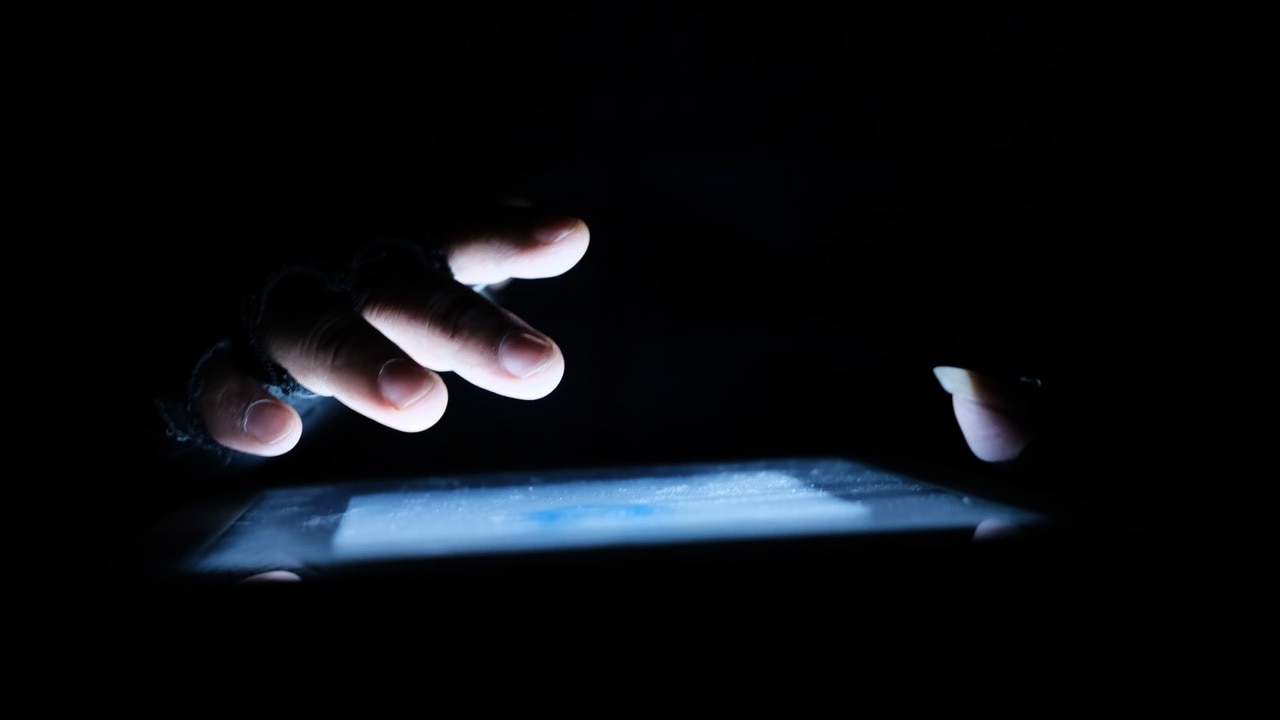Wi-Fi spy laws to target terrorism but tech experts warn they could open the door to criminals as well as law enforcement
The power to snoop on public WiFi users under new laws will target terrorists, the government says. But tech experts warn they could also open the door for criminals.
SA News
Don't miss out on the headlines from SA News. Followed categories will be added to My News.
Law enforcement and intelligence agencies have been given unprecedented access to snoop on Australians through public Wi-Fi systems in a bid to stop terrorism and organised crime.
Under new legislation, law enforcement agencies can install specialised software or hardware on public Wi-Fi systems – offered by the likes of cafes, councils and shopping centres – that can be used to bust encryption services.
Adelaide City Council has confirmed its free public Wi-Fi, Adelaide Free WiFi, is captured under the laws.
The Department of Home Affairs has warned secure, encrypted communications are being used by terrorist groups and organised criminals to avoid detection and disruption.
But the extra powers have come under fire from IT experts, and tech giants including Apple and Facebook, who say the new laws leave users vulnerable to hackers.
A department spokesman told The Advertiser obstacles to the lawful access of communications could significantly affect the ability of law enforcement and security agencies to investigate serious crimes and protect the public.
Previous laws did not include encryption services on public Wi-Fi, but now apply to all communications providers, including those providing public access.
The spokesman stressed the laws did not remove the requirement for agencies to seek judicial warrants and authorisations.
John Stanton, the chief executive of the Communications Alliance – an umbrella group for new technology companies – said the industry had a raft of concerns about the new powers.
He said they had the potential to insert technological weaknesses into communications platforms and products, but prohibited providers from telling their customers.
Law enforcement agencies could now direct operators to install a device or software in the network broadcasting equipment used to create the Wi-Fi service, he said.
“Once a service is compromised, even if it is for the best reasons for an enforcement agency, it creates a weakness criminals can exploit,” Mr Stanton said.
The laws were passed in the final parliament sitting day last year, with the reluctant support of Labor.
However, interest in the laws have intensified this week after a briefing note from Home Affairs highlighted the broad scope of public Wi-Fi networks was covered under the laws.
In a letter to the Federal Government last year, Apple argued the measure would “allow the Government to order the makers of smart home speakers to install persistent eavesdropping capabilities into a person’s home, require a provider to monitor the health data of its customers for indications of drug use, or require the development of a tool that can unlock a particular user’s device”.
The concerns about encrypted messaging are well known. In 2017 plans to blow up an Etihad flight from Sydney to Abu Dhabi remained undetected for more than four months because of the use of encrypted messaging.

Originally published as Wi-Fi spy laws to target terrorism but tech experts warn they could open the door to criminals as well as law enforcement


